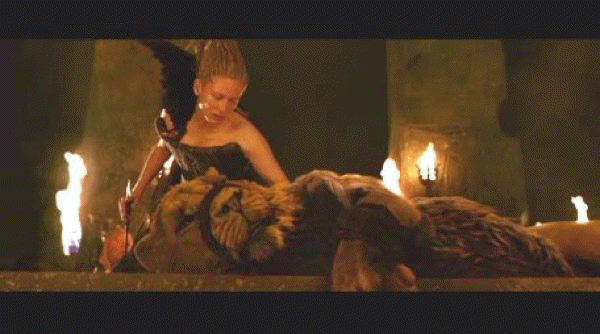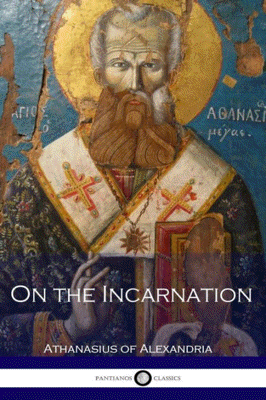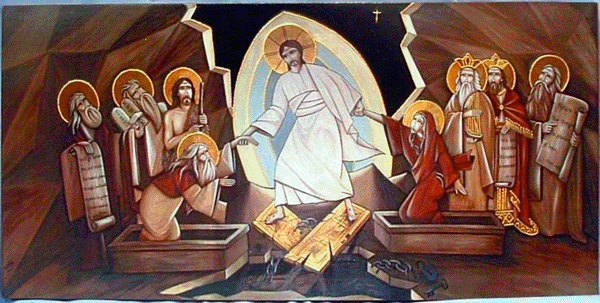

| Epicureans | “The Epicureans are among these; they deny that there is any Mind behind the universe at all.” |
| Christians | “For if all things had come into being in this automatic fashion, instead of being the outcome of Mind, though they existed, they would all be uniform and without distinction. In the universe everything would be sun or moon or whatever it was, and in the human body the whole would be hand or eye or foot.” |
| Platonists | “Others take the view expressed by Plato, that giant among the Greeks. He said that God had made all things out of pre-existent and uncreated matter, just as the carpenter makes things only out of wood that already exists.” |
| Christians | “If He only worked up existing matter—and did not Himself bring matter into being, He would be not the Creator but only a craftsman.” |
| Gnostics | “Then, again, there is the theory of the Gnostics, who have invented for themselves an Artificer of all things other than the Father of our Lord Jesus Christ.” |
| Christians | “These simply shut their eyes to the obvious meaning of Scripture.” |


Effective Action on Living Men (Sec 30)
“How is it that He makes the living to cease from their activities, the adulterer from his adultery, the murderer from murdering, the unjust from avarice, while the profane and godless man becomes religious?”
Idol Worship Abandoned (Sec 46)
“When did people begin to abandon the worship of idols, unless it were since the very Word of God came among men? “
Oracles Deserted (Sec 46)
“When have oracles ceased and become void of meaning, among the Greeks and everywhere, except since the Savior has revealed Himself on earth?“
Gods and Heroes Rejected (Sec 46)
“When did those whom the poets call gods and heroes begin to be adjudged as mere mortals, except when the Lord took the spoils of death and preserved incorruptible the body He had taken, raising it from among the dead?”
Demons Overthrown (Sec 46)
“When did the deceitfulness and madness of demons fall under contempt, save when the Word, the Power of God, the Master of all these as well, condescended on account of the weakness of mankind and appeared on earth?”
Magic Spurned (Sec 46)
“When did the practice and theory of magic begin to be spurned under foot, if not at the manifestation of the Divine Word to men?”
Philosophers Become Fools(Sec 46)
“In a word, when did the wisdom of the Greeks become foolish, save when the true Wisdom of God revealed Himself on earth?”
Chastity Established (Sec 51)
“Again, who among men, either after his death or while yet living, taught about virginity and did not account this virtue impossible for human beings? But Christ our Savior and King of all has so prevailed with His teaching on this subject that even children not yet of lawful age promise that virginity which transcends the law.”
Barbarians Pacified (Sec 52)
“The barbarians of the present day are naturally savage in their habits, and as long as they sacrifice to their idols they rage furiously against each other and cannot bear to be a single hour without weapons. But when they hear the teaching of Christ, forthwith they turn from fighting to farming, and instead of arming themselves with swords extend their hands in prayer. In a word, instead of fighting each other, they take up arms against the devil and the demons, and overcome them by their selfcommand and integrity of soul.”
| THEORY | DESCRIPTION |
|---|---|
SUBJECTIVE |
|
Moral Influence |
Christ died to show us how much God loves us. Look, and be humbled and changed. |
Socinian/Example |
Christ died to show how us how we should live a life of self-denial. (Socinians deny almost every orthodox belief the church holds.) |
OBJECTIVE |
|
Ransom |
Christ’s death was a ransom that redeemed us from Death/Satan. |
Christus Victor |
Christ died to destroy Satan and his works. |
Satisfaction |
Christ died to placate an offended God. |
Penal Substitution |
Christ died to pay our sin debt to God. |